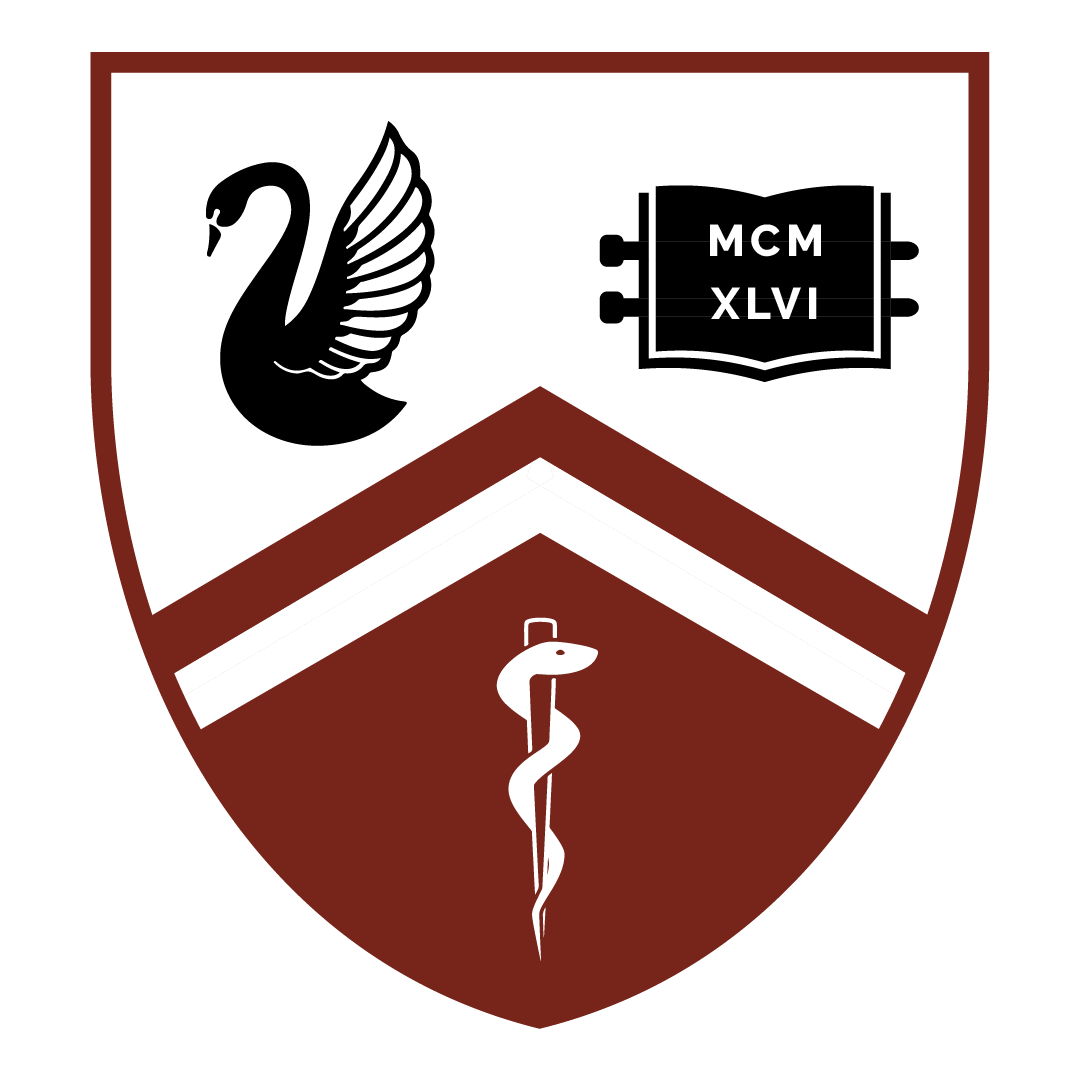Meet Dr Natashea Lingam, a junior doctor working at St John of God! In this article, she recounts her experiences of her journey in medicine, working in the healthcare system and having a work-life balance. In her spare time, she enjoys reading, watching movies, keeping fit and cuddling her 3 fluffy dogs.
What inspired you to pursue a career in medicine?
My decision to pursue a career in medicine was deeply influenced by a childhood experience. At the age of 4, accompanying my mother to her obstetrician's appointments, I was captivated by the intricacies of medical practice. Witnessing the care and expertise of my mother's obstetrician, ignited within me a desire to follow in his footsteps. As I matured, this early fascination, coupled with the health challenges faced by family members, underscored the vital role of medicine in our lives. Growing up in Margaret River, located in the South West of WA, I became acutely aware of the challenges surrounding medical access in rural and regional areas. Motivated by these experiences, I made a personal commitment to make a meaningful difference, particularly in underserved communities. Reflecting on my journey, I am certain that my pursuit of medicine has been a vocational calling.
What have you enjoyed most about being a doctor?
The most fulfilling aspect of my career as a doctor is the opportunity to live out my passion while continually exploring new horizons. Each day presents an opportunity to positively impact the lives of numerous individuals, either directly or indirectly. I consider it a profound privilege and blessing to provide assistance to fellow human beings during their moments of vulnerability, suffering, and need. Additionally, encountering other medical professionals who share similar values and ethics has been an enriching experience. I vividly recall the awe I felt when shadowing the obstetrician who had inspired me at the age of 4—it was a moment of profound inspiration.
What challenges have you faced so far, and how have you dealt with them?
As an intern, I have encountered several challenges during my transition to clinical practice. One significant challenge has been balancing learning with performance. While textbooks provide a foundational knowledge base, the practical experience gained through patient care is unparalleled. However, I am keenly aware that my actions reflect not only on myself but also on my hospital and my team. Therefore, the pressure to perform effectively can be daunting. One important lesson emphasized during my training was the necessity of knowing when to seek assistance. If I encounter a situation where I feel out of my depth or uncertain of the appropriate course of action, I promptly seek guidance from a senior doctor. Whether it involves seeking advice, assistance, or observation for future reference, I am committed to upholding the highest standards of patient care and professional conduct.
Another challenge I have faced is staying organized while managing multiple tasks simultaneously. At the end of the day, I often find myself with multiple patient lists and a barrage of messages to address. Despite the overwhelming nature of these tasks, I have learned to manage them efficiently by prioritizing the most critical tasks and working through them methodically. By taking one step at a time and maintaining a clear focus on my priorities, I ensure that I remain organized and on top of my responsibilities.
How do you balance the demands of being a junior doctor with your personal life?
Balancing the demands of being a junior doctor with my personal life is a priority for me, and I have implemented several strategies to ensure that I maintain a healthy work-life balance. Recognizing the importance of mental health and well-being, I make a conscious effort to prioritize self-care to prevent burnout. I have learned from the experiences shared by others in the medical field and am committed to preserving my passion for my profession.
After each shift, I make a deliberate effort to leave work behind when I exit the hospital. During my walk to the car park, I take the time to gather my thoughts before heading home. Good sleep with minimal phone usage at night is also very useful – after all, a decent part of each workday is spent using electronic devices! Most importantly, I make it a point to regularly connect with my family and friends on my days off. This helps me maintain perspective and reminds me that work is just one aspect of my life, not my entire identity.
By implementing these practices, I am better able to maintain a healthy work-life balance, ensuring that I can perform optimally both in my professional and personal life.
What advice would you give to your younger self or someone just starting their journey in Medicine?
Entering the field of medicine is embarking on a profoundly rewarding career path. As healthcare professionals, we are bestowed with the unique privilege of providing care for individuals during their most vulnerable moments, often until their final days. However, whilst our profession offers immense benefits, it also presents challenges that can engulf personal and professional lives, leading to identity crises and career uncertainties. It is imperative to trust the process, taking each day as it comes, recognizing that medicine is a lifelong journey of learning, growth, and development. Seize every opportunity that comes your way, but remember that it is essential to prioritize your own well-being before that of your patients in order to be a better doctor.
Finally, success in medicine is not solely determined by one's intelligence but also by their patience, compassion, and kindness towards patients. Every day, strive to be the doctor you would want for your loved ones – and always remember to offer your patients not just your medical expertise, but also your empathy and understanding during their times of need.
